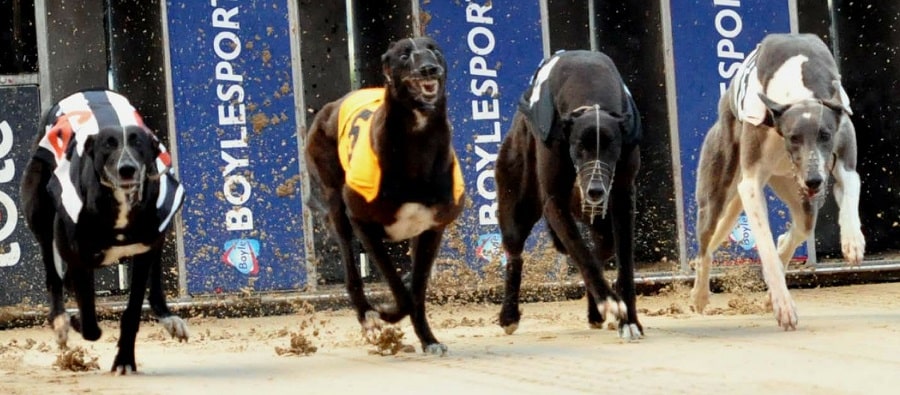Review of policy regarding metabolite of Pentobarbitone in racing greyhounds
Greyhound Racing Ireland (GRI), formally known as the Irish Greyhound Board (IGB) has decided that the finding of Pentobarbitone metabolite, in the absence of the parent drug, will no longer constitute the basis for an “adverse analytical finding”. The decision follows a scientific and analytical review.
Pentobarbitone is a short acting barbiturate which when administered leads to depression of the central nervous system leading to respiratory arrest and subsequent cardiac failure. In Ireland it is an authorised animal remedy available only to Veterinary Practitioners for use in the euthanasia of animals. It is also controlled under the Misuse of Drugs Acts. While the parent drug can affect the performance of a greyhound, the metabolite in question is not pharmacologically active and does not have an effect on performance, according to the research literature available.
GRI ruling follows a similar decision by the Greyhound Board of Great Britain (GBGB) to reclassify Pentobarbitone following its review of an increasing number of cases in which low levels of Pentobarbital metabolites had been detected and following a scientific and regulatory assessment of the matters arising. The review concluded that the reason for such cases was contamination of food sources coupled with the very sensitive analytical methods in use today. Of note was the prolonged period during which such metabolites could now be detected following exposure to the contaminated food source, amounting to several weeks following consumption of the contaminated food. The levels in question are very low levels, in the order of parts per billion of Pentobarbitone metabolites in a millilitre of urine sampled.
Once news of the GBGB policy change became available to GRI, the matter was discussed at the Regulation Committee and by the Board. The issue was referred to the IGB Scientific Advisory Committee, and the analytical issues were discussed with the State Laboratory.
The most likely source of Pentobarbitone in greyhounds is from the feeding of meat derived from farm animals or horses which have been euthanized with Pentobarbitone. From now on, Pentobarbitone metabolite will be treated as a feed contaminant which does not affect the performance of a greyhound. However, the presence of the parent drug in samples will remain an “adverse analytical finding” which will lead to disciplinary proceedings before the Control Committee.
Arising from this change in policy, GRI will now review any case currently pending before the Control Committee (and the Control Appeal Committee) in which the metabolite (in the absence of the parent drug) had been detected. Where no other transgressions are asserted by GRI such cases will be withdrawn and any prize money due will be paid out.
The Scientific Advisory Committee will continue its examination of Pentobarbitone and will advise GRI of any developments, which in its view, would warrant further refinement of this policy.
GRI has issued advisories about the risks posed by, and the precautions to be taken in, the feeding of meat to greyhounds. Where such meat derives from livestock which have been treated with veterinary medicines, the risk of adverse analytical findings is always a possibility. This risk was addressed in GRI's “Guidance to all Industry Participants on the risks of feeding meat to Racing Greyhounds” published in November 2015.
Rásaíocht Con Éireann
31st March 2017
